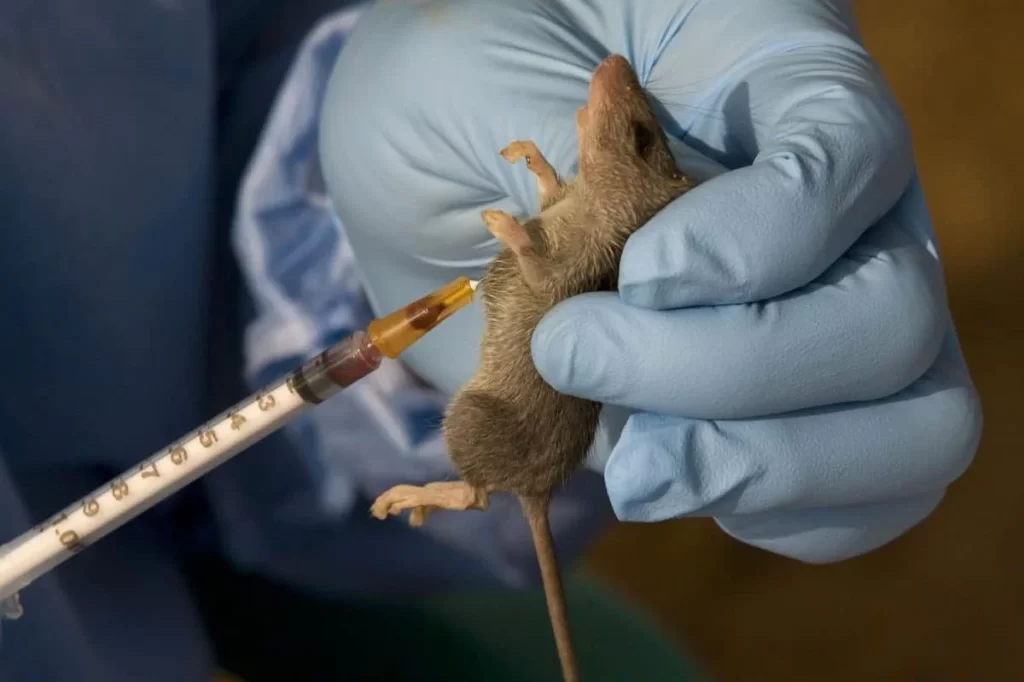In a grim update, Nigeria has recorded 80 deaths from Lassa fever within a single week, according to the Nigeria Centre for Disease Control and Prevention (NCDC).
The agency reported that these fatalities occurred alongside 413 confirmed cases across 11 states during Epidemiological Week 6 (Feb. 3–9, 2025).
The NCDC disclosed this alarming statistic via its official website, highlighting a notable rise in the case fatality rate (CFR) to 19.4%, up from 17.5% in the corresponding period of 2024.
The report emphasized that the majority of cases, totaling 73%, were concentrated in Ondo, Edo, and Bauchi states, with Ondo alone accounting for 34%, followed by Edo at 21%, and Bauchi at 18%.
According to the latest Lassa Fever Situation Report, 63 local government areas in the affected states have confirmed cases, underscoring the widespread nature of the outbreak.
Despite a slight decrease in new cases from 68 in Week 5 to 54 in Week 6, the NCDC expressed deep concern over the persistently high fatality rate.
It identified delayed case presentations as a significant contributing factor, exacerbated by poor health-seeking behavior, high treatment costs, and limited awareness within high-burden communities.
To combat the outbreak, the NCDC activated the National Lassa Fever Multi-Sectoral Incident Management System (IMS), deploying National Rapid Response Teams (NRRT) to Gombe, Nasarawa, and Benue states.
Healthcare workers in Bauchi, Ebonyi, and Benue are receiving specialized training in Lassa fever case management, while enhanced surveillance and contact tracing efforts are underway across affected areas.
Critical interventions include the distribution of essential response commodities such as personal protective equipment (PPEs), Ribavirin, thermometers, and body bags.
The NCDC also plans extensive community sensitization and risk communication campaigns in hotspot regions to educate the public on preventive measures.
In collaboration with global health partners like the World Health Organization (WHO), Médecins Sans Frontières (MSF), and the International Research Centre of Excellence (IRCE), the NCDC aims to bolster diagnosis, treatment, and outbreak response capabilities.
The agency urges Nigerians to prioritize preventive measures, including maintaining proper hygiene practices, avoiding contact with rodent excretions, and seeking immediate medical attention upon experiencing symptoms such as fever, sore throat, or unexplained bleeding.
Do you want to share a story with us? Do you want to advertise with us? Do you need publicity for a product, service, or event? Contact us on WhatsApp +2348183319097 Email: platformtimes@gmail.com
We are committed to impactful investigative journalism for human interest and social justice. Your donation will help us tell more stories. Kindly donate any amount HERE




